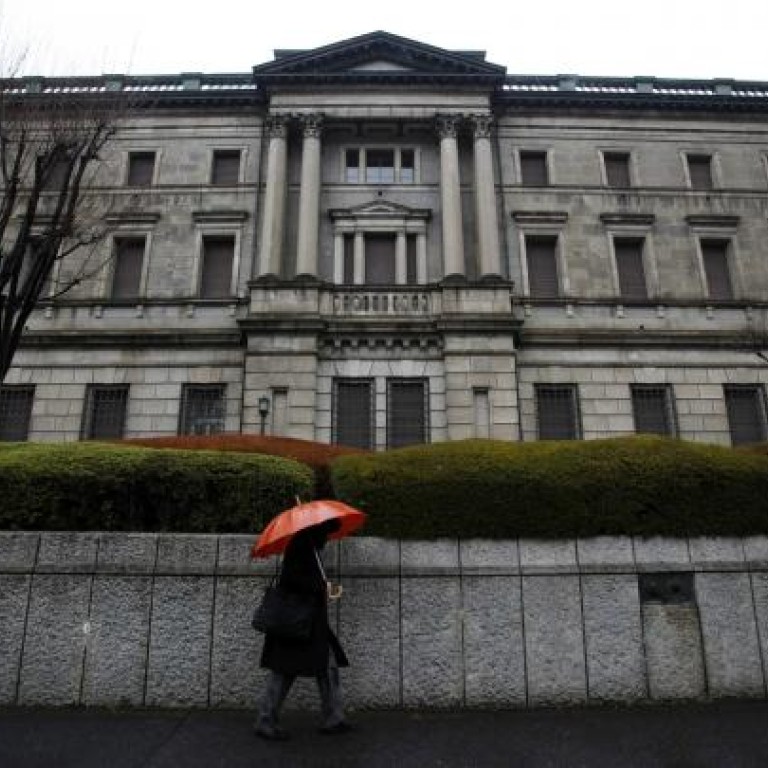
Quantitative easing endgame is nothing to lose sleep over
Fears of a crisis in bond market confidence or a fall in the value of money are inflated – compared with the prospect of nothing happening
Where, everyone wants to know, is it all going to end?
With the world's major central banks printing money at unprecedented rates to fund governments' ballooning deficits, some investors are worried about a generalised collapse in the bond markets.
Others fret that looming hyperinflation will destroy the value of money, and preach that hard assets like commodities or property are the only reliable store of value.
Either way, large numbers of observers believe quantitative easing is a recipe for disaster. It will, they warn, all end in tears.
Despite these fears, however, there are no signs either of a crisis of bond market confidence or of soaring inflation.
Consider Japan. Since the bubble economy burst at the beginning of the 1990s, gross government debt has expanded from 66 per cent of GDP to reach 245 per cent last year. Yet 10-year government bond yields, at just 0.6 per cent, remain close to their record lows.
Meanwhile, with the central bank's printing presses working full time, Japan's monetary base has expanded from 10 per cent of gross domestic product to 30 per cent. Yet inflation is a distant memory, with consumer prices down 0.7 per cent over the last 12 months. It all seems to deny financial logic.
The explanation, says former New York Federal Reserve staffer and Nomura Research Institute chief economist Richard Koo, is that ever since Japan's bubble burst, the private sector has been intent on saving.
Instead of taking advantage of low interest rates to borrow and invest, companies and individuals have been saving in order to rebuild balance sheets wrecked by the crash.
With everyone saving and no one else borrowing, the government is the only borrower in town, which is why bond yields remain so low.
At the same time, with little or no private sector appetite for borrowing, all the money the Bank of Japan prints when it buys bonds from the country's banks simply remains on deposit at the central bank in the form of excess bank reserves.
As a result, quantitative easing inflates the central bank's balance sheet, and pumps up the monetary base, but it has had little effect on Japan's broader money supply or on credit creation in the real economy.
In economist-speak, the velocity of money - the rate at which money circulates in the economy - has collapsed.
This is a big problem, because although it might make sense for individuals and individual companies to save up money and pay down debt, when everyone does it, economic growth stalls.
The central bankers' solution - in the United States and Britain as well as in Japan - has been to step up the pace at which they are printing cash.
That's prompted fears they will fuel hyperinflation in the future. But as far as central bankers are concerned, inflation is definitely a lesser evil than deflation.
As the experience of the last few years has proved, reflating an economy is extremely difficult, whereas central bankers know where they are with inflation. When the velocity of money picks up again, they can just step on the brakes by raising interest rates.
Of course, higher inflation and higher interest rates will mean higher bond yields, which in turn mean the central banks will suffer huge paper losses on all those government bonds they bought with their quantitative easing programmes.
No doubt that will be politically embarrassing. But in the real world, paper losses at central banks don't greatly matter. The People's Bank of China makes huge losses on its portfolio of US Treasury bonds, but no one bothers.
In short, neither the prospect of a crisis of bond market confidence, nor rising inflation, are worth losing sleep over.
But if nothing happens - if stepped up quantitative easing produces no results - then we should really begin to worry.

